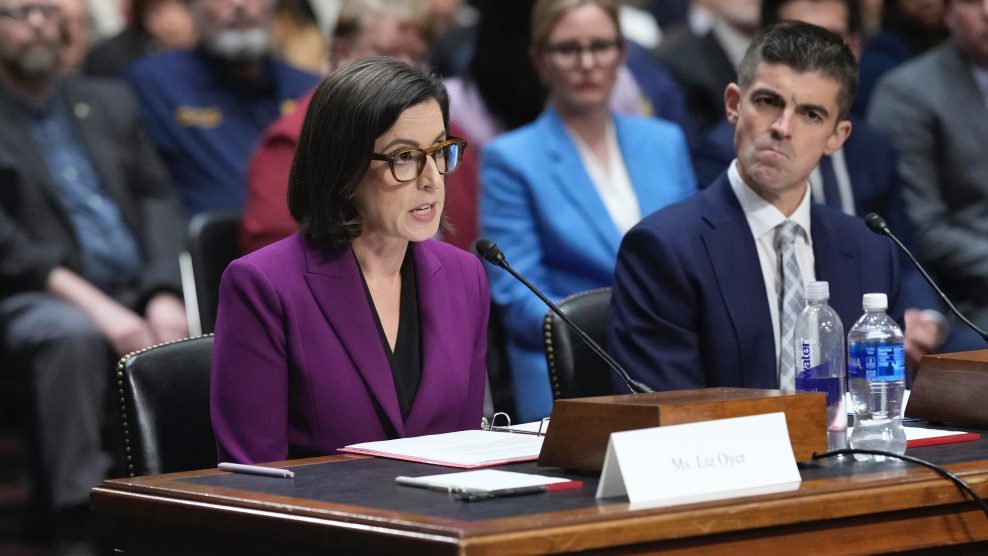Article created by The Center for American Progress.
A short quiz: In which country
- is HIV/AIDS the leading cause of death for black women between the ages of 25 and 34?
- do more than 84 percent of lesbian, gay, bisexual or transgendered students report verbal harassment at school?
- are recipients of public assistance who give birth denied public health coverage?
- did states consider 614 anti-choice measures in 2005?
Answer: The United States of America
Americans hold their ability to choose their sexual partner and whether to have a child among their most fundamental freedoms. The statistics above show the extent to which these rights are undermined on a daily basis.
Core democratic values are embedded in both sexual and reproductive concerns: the right to privacy; the right to self-determination; the right to form a family with the partner of one’s choice; and the right to choose if, how, when, and with whom to have a child. The presence or absence of these rights affects individuals’ sense of physical and emotional security, socioeconomic status, and ability to make decisions in all other areas of their lives. These rights affect whether people can continue their education, if they are able to lead healthy lives, and if they can create families.
These are universal human needs. Yet, surprisingly, our ability to act on these rights is contingent on where we live.
Where a person lives in the United States determines her rights as well as her geography. And our rights – be they sexual or reproductive – are inherently linked, as is demonstrated by a new interactive website, Mapping Our Rights. The project scores and ranks all 50 states and Washington, D.C. on key sexual and reproductive rights legislation. The map uses a penalty-points system to determine whether a state’s laws and policies support or undermine sexual and reproductive rights.
The policies analyzed in the map have enormous impacts on individual lives. If you are an African American woman, for example, you are four times more likely to die in childbirth and pregnancy than if you are white. If you are a woman in Missouri, you cannot use your employer’s health insurance to pay for a medically necessary abortion. If you are a gay man in Massachusetts, you and your partner can enjoy the same legal benefits as a heterosexual couple-as long as you don’t move to one of the more than 40 other states that have passed laws or amended their constitutions to define marriage as a male-female, opposite sex union.
By linking policy analysis with economic data, the map illustrates the dismal state of sexual and reproductive rights across our nation. We cannot ignore the fact that states with the highest unintended pregnancy rates also require abstinence-only sex education in their schools – preventing teens from receiving any education about effective birth control. Or that the states with the most discriminatory legislation toward gays, lesbians, bisexuals, and transgendered people also teach curricula that demonize any relationship beyond a “traditional” heterosexual marriage. And that states with the least childcare assistance also have the most restrictive abortion laws.
By connecting these issues in this way, we can begin to see the patterns of discrimination that run through our lives and forge alliances that make us stronger in our fight for full equality and dignity. Healthy, loving families should know no boundaries.
















